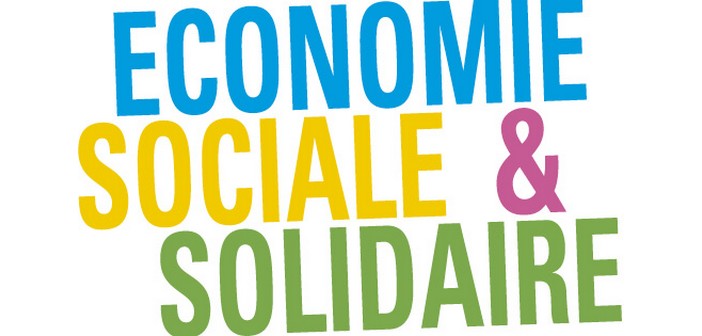—
On July 31, 2014, the law defines social and solidarity economy as a way of undertaking and economic development adapted to all fields of human activity, to which adhere private legal entities that meet the following cumulative conditions:
A goal pursued other than just profit-sharing;
Democratic governance, defined and organized by the statutes, providing for information and participation. The expression of this is not solely linked to their capital contribution or the amount of their financial contribution by partners, employees, and stakeholders in the company’s achievements.
The question is simple: is there incompatibility or opposition between ESS (social and solidarity economy) and the traditional economy? Or can there be the construction of a win-win relationship?
A round table, organized as part of the Entreprenariales, will present the perspective of large and small companies on the interest of these partnerships.
Social enterprises and traditional capitalistic ones have cultural differences and diverging modes of operation. Yet, when these two value creators meet, the innovation is even more significant.
Cooperatives, associations, and mutuals, as part of the social and solidarity economy, are often seen as small structures with questionable impact.
However, by grouping together or pooling their services, they become economic forces that have nothing to envy from traditional companies.
For businesses, environmental awareness, client and/or shareholder pressure, the quest for meaning and ethics in business, bring CSR (Corporate Social Responsibility) to become a market issue.
Increasingly, entrepreneurs from the traditional economy wish to create and sustain economic activities while having a strong social impact, thereby developing a new economic citizenship.
Today, the solidarity economy and social entrepreneurs want to become familiar with the processes of traditional businesses, in order to professionalize their management and open up new growth opportunities to extend their social utility.
Some manage to set up smart partnerships that demonstrate shared value creation.
Jérôme Vandamme, chief of staff of UPE06, will lead this conference: “With the speakers, we will try to answer the following questions:”
Why do companies have every interest in getting closer to the ESS sector?
What co-construction dynamic can help to foster fruitful partnerships between “traditional” companies and social and solidarity economy actors in our territory?
How to make ESS a transversal lever, both in terms of economic development and in the various policies of a community?
° Participants in the round table:
Denis PHILIPPE, President of the Regional Chamber of ESS PACA*; Olivier ASTOLFI, Director of Commerce, Valorization and Innovation, Société Sud Est Assainissement (VEOLIA Group); Jean-François PIOVESANA, Director of Employment and Solidarity, Agglomeration Community of the Pays de GRASSE; Lucien MILLO, CAISSE D’EPARGNE COTE D’AZUR; Sandrine BARNAUD, Communications Director of the La Poste Group; Jessica PELLEGRINI, co-manager of the company AZZURA LIGHT.
—


